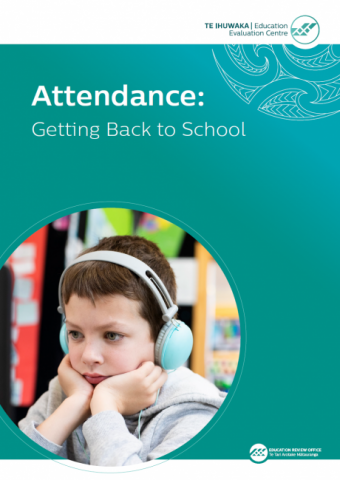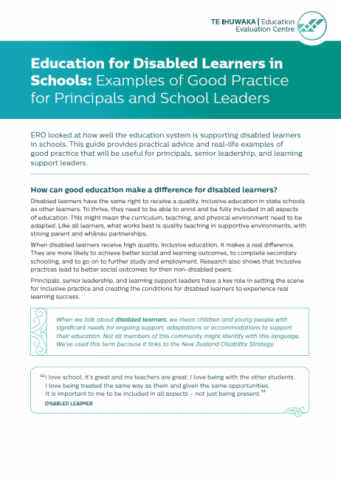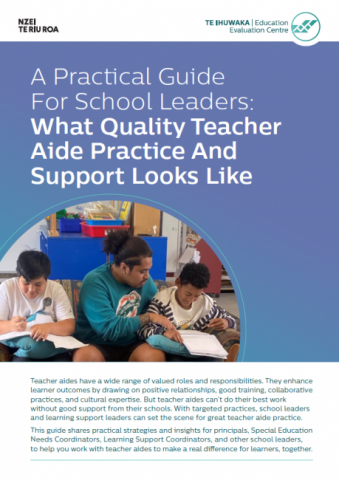Learning from home expectations differ from real experience
Published: 19 Jun 2020
Learning from home under Covid Level 4 and Level 3.
- Audience:
- Academics
- Early learning
- Education
- Māori-medium
- Parents
- Schools
- Content type:
- News article
- Topics:
- COVID-19
- Learning










